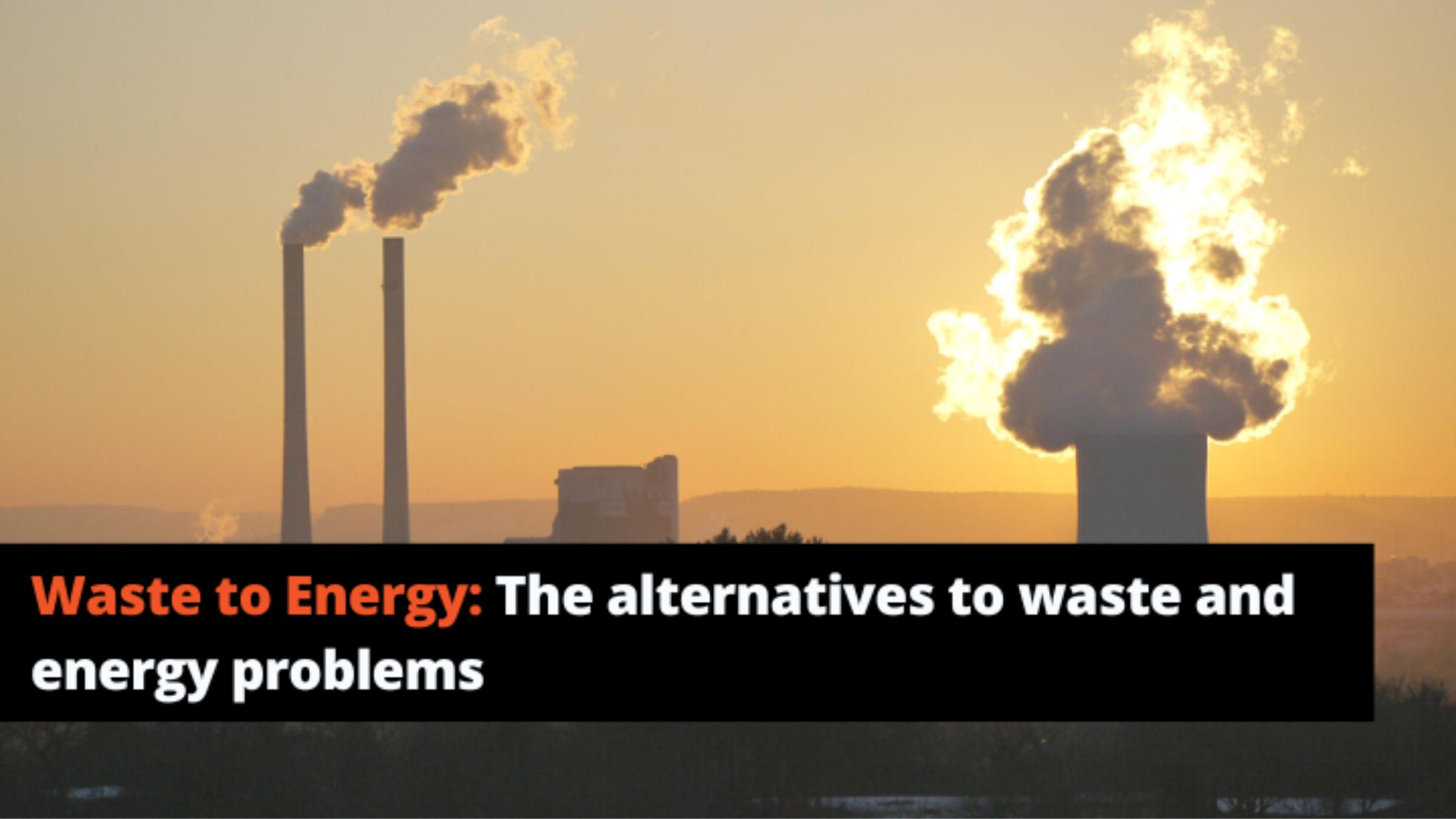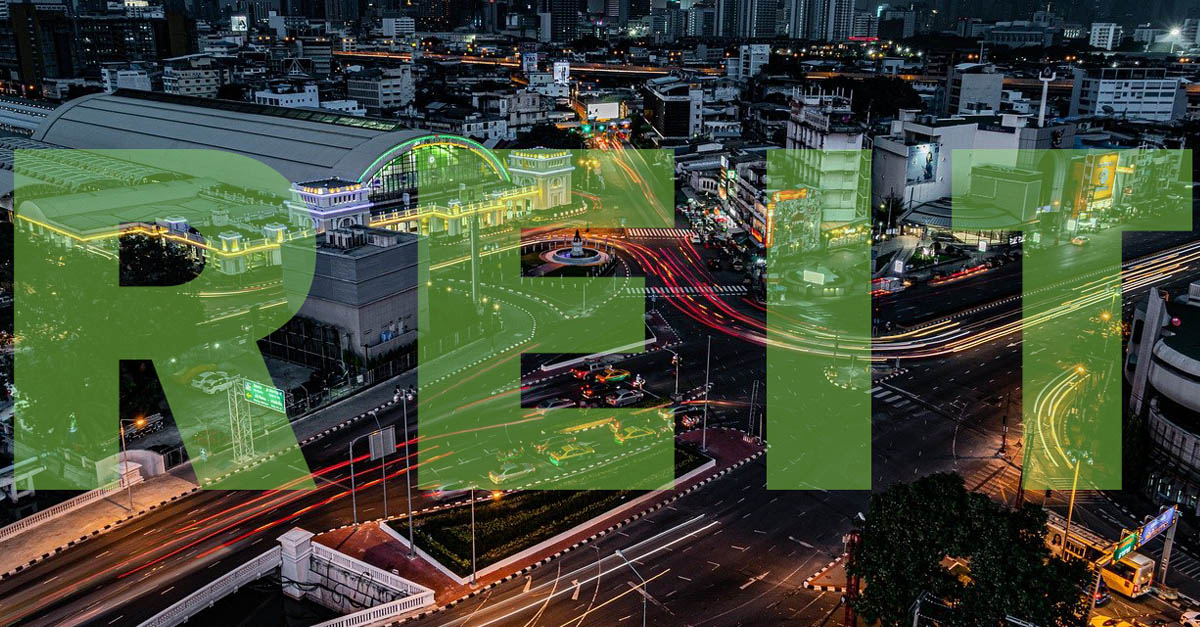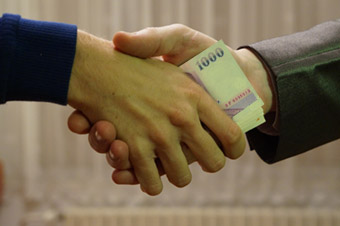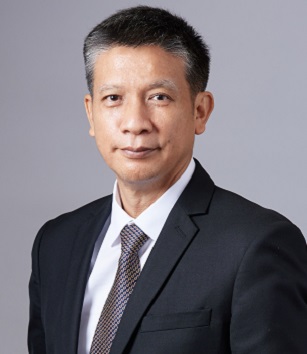August 16, 2022
With its increasing population and urbanization, Thailand cannot escape from the mountains of solid waste generated in households and in communities across the country. The inappropriate disposal of solid wastes will cause serious ramifications which would be a national nightmare, such as air pollution, water pollution and contagious diseases. All of these issues are harmful not only in the environmental scale, but also in respect of the public health of each domestic sector. The government has foreseen this catastrophic event and thus declared the solid waste problem as one of its national agendas. In compliance with the first revision of the Power Development Plan 2018 (the “PDP 2018 Rev. 1”), which aimed to improve energy efficiency and foster sustainable energy and, importantly, to encourage the participation of the public with respect to energy projects, the meeting of the National Energy Policy Council (the “NEPC”) no. 3/2022 held on May 6, 2022 approved the Feed-in Tariff (the “FiT”) for waste to energy project (the “WTE Project”) under the PDP 2018 Rev. 1. This approval allows the very small power producer (the “VSPP”) and the small power producer (the “SPP”) to sell the electricity generated from solid waste from the approved 34 WTE Projects to the Electricity Generating Authority of Thailand (the “EGAT”), Metropolitan Electricity Authority (the “MEA”) and/or Provincial Electricity Authority (the “PEA”) (collectively, the “Electricity Authority”) and receive payment for the sale of electricity on the FiT basis, with the total collective capacity of 282.98 MW and the Scheduled Commercial Operation Date (the “SCOD”) between 2025 and 2026. Following this, the NEPC authorized the Energy Regulation Committee (the “ERC”) to introduce rules and regulations in relation... August 11, 2022
On June 9, 2022, Thailand delisted both cannabis and hemp plants, their unprocessed parts, and carved out extracts containing low tetrahydrocannabinol (THC) level (i.e. < 0.2% by weight) and seed oils derived from cannabis or hemp plants in Thailand from the Narcotics Code, officially becoming the first country in Asia to legalize the cultivation, sale and utilization of the plant for medical and other permitted purposes. For centuries, cannabis was used in Thailand in the form of traditional medicine, until it was banned in the 1930s due to international pressure. In 1979, Thailand’s Narcotics Act specifically designated cannabis and hemp as Category 5 illegal substances. Under this Act, the production, trade or possession of cannabis and hemp was considered a criminal act punishable by heavy fines and/or prison sentences. Thereafter, all activities related to cannabis plants and their derivatives have been highly regulated until a gradual relaxation of the applicable laws over the last few years. A market ready to get high The global hemp market was valued at USD 4.75 billion in 2020. Allied Market Research anticipates strong growth ahead, and predicts that an average annual expansion of 21.6% in the global market will expand the market to a record high of USD 18.6 billion by 2027, although this is still somewhat low compared to the world trade in cannabis. By 2025, the Thai market for hemp is forecasted to have a value of THB 15.77 billion1. The ‘Global Cannabis Market’ report estimates that in 2020, the global cannabis trade was worth USD 22.9 billion, split between USD 6.12 billion from medical marijuana (26.7% of the total) and... May 26, 2021
An indirect investment by a REIT was previously limited to the REIT investing through a shareholding structure of a company which had a freehold or leasehold right over real estate. This was in accordance with the Notification of the Capital Market Supervisory Board No. Tor Jor. 49/2555. Re: Issuance and Offer for Sale regarding Units of Real Estate Investment Trust (“Tor Jor. 49/2555”). Recent Notifications of the Capital Market Supervisory Board(“CMS”) and the Office of Securities and Exchange Commission (the “SEC”) (“Notifications”) have expanded the scope of permissible indirect investment by REITs. REITs may now indirectly invest in real estate by investing in other Trusts established under Thai law or Foreign law (“Trusts”) in addition to investing through a shareholding structure of a company. If a REIT makes an indirect investment in real estate through a Trust, the Notifications do not require the REIT to nominate a person to act as a director of the Trusts as would be the case for a REIT that investing through a shareholding structure of a company. However, the Notifications still require certain mechanisms to ensure that the REIT will have sufficient control over the real estate even if a director will not be appointed to the Trusts. A fundamental requirement of the Notification is that the REIT Manager demonstrates that it has in place supervisory mechanisms for the Trusts over key operational matters. In addition, appropriate approvals from the board of directors of the REIT Manager or the unit holders of the REIT must be required (as applicable) prior to carrying out such key operational matters. The key operational matters of the... January 26, 2018
A number of factors are making Thailand a target of choice for international and regional investment ... January 2, 2018
National Anti-Corruption Commission Guidelines to Supplement Section 123/5 of the Organic Act on Counter Corruption ... By Firm
Key Person Profile
Upcoming Events
Recent Past Events







 Chandler MHM Limited
Chandler MHM Limited Jessada Sawatdipong
Jessada Sawatdipong







